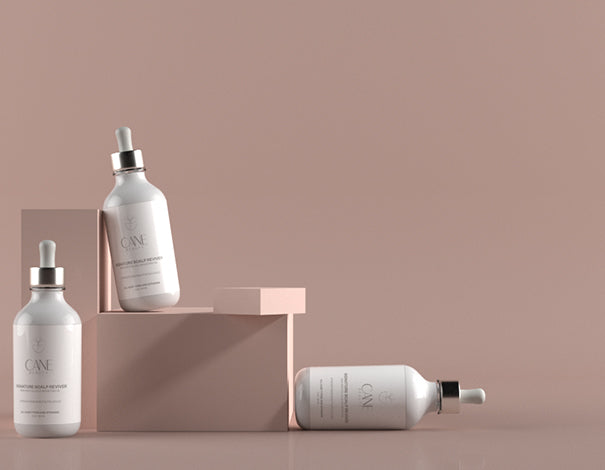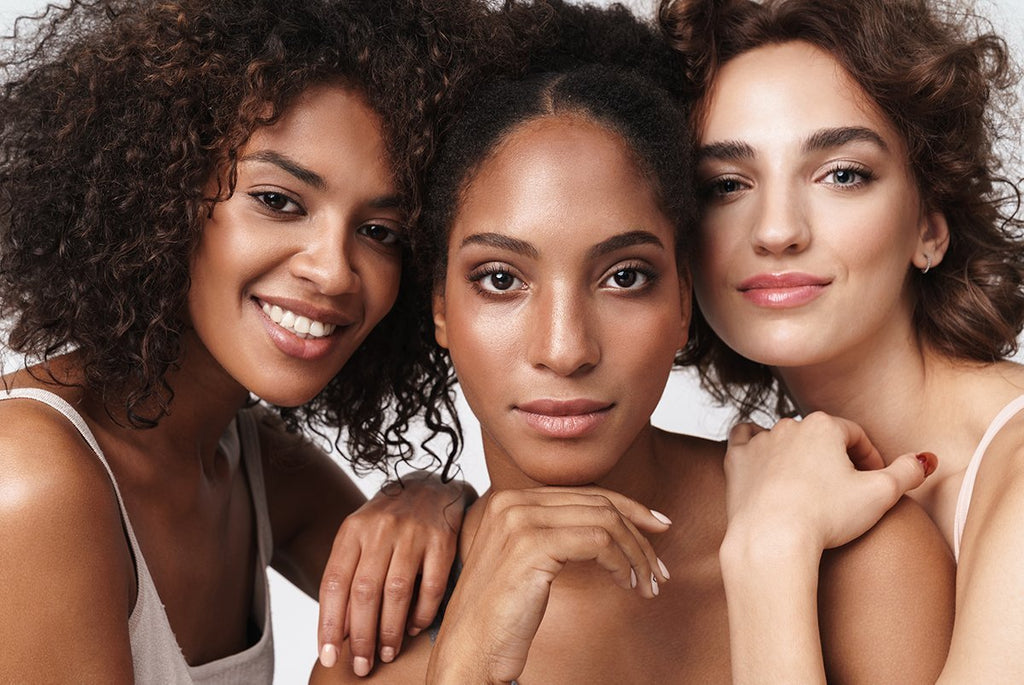These Popular Tingling Ingredients Are Not Good For Your Scalp
Peppermint and tea tree are a staple in many haircare products and are promoted as wonder ingredients for hair growth and scalp care. Known for that tingling sensation or cooling sensation when applied to the skin, they are very popular ingredients.
Some say these ingredients can aid in the prevention of hair loss or accelerate hair growth. Others say they can increase the number of follicles on your scalp and make your hair thicker. Hair enthusiasts explain this by saying that peppermint and tea tree increase blood flow to the scalp. Hence the tingle! But is that all that's happening when you feel that tingle? No, so much more is going on and its damaging your scalp.
There is no clinical evidence that these ingredients actually improve hair growth. But there is clinical evidence from skin experts that these tingling ingredients have a damaging effect on the skin when applied to the skin. Even when these tingling ingredients are in concentrations as low as 1% or 0.1%, skin studies have found that they can still cause the skin to break down. So even at incredibly low concentrations these ingredients can damage your skin.
When your skin is damaged or when there is trauma to the skin, your body increases blood flow to the area and sends healing cells to fix the damage. This process is very destructive; it is destroying the irritant as well as tissue around it. When you use tingling ingredients, you are causing this destructive process to happen to healthy skin tissue. If you use these ingredients every wash day, you could be triggering this response on your scalp over and over. One inflammatory response is enough for skin damage. Repeated inflammatory responses can lead to chronic inflammation of the scalp. Healthy hair needs a healthy scalp. An inflamed, irritated scalp is not a healthy scalp.
That familiar tingle from peppermint and tea tree is not a good sign for scalp health. It can actually be a sign of skin and follicle damage.
Source: 2014 Royal Pharmaceutical Society, Journal of Pharmacology, Volume 67








